Find a Puppy
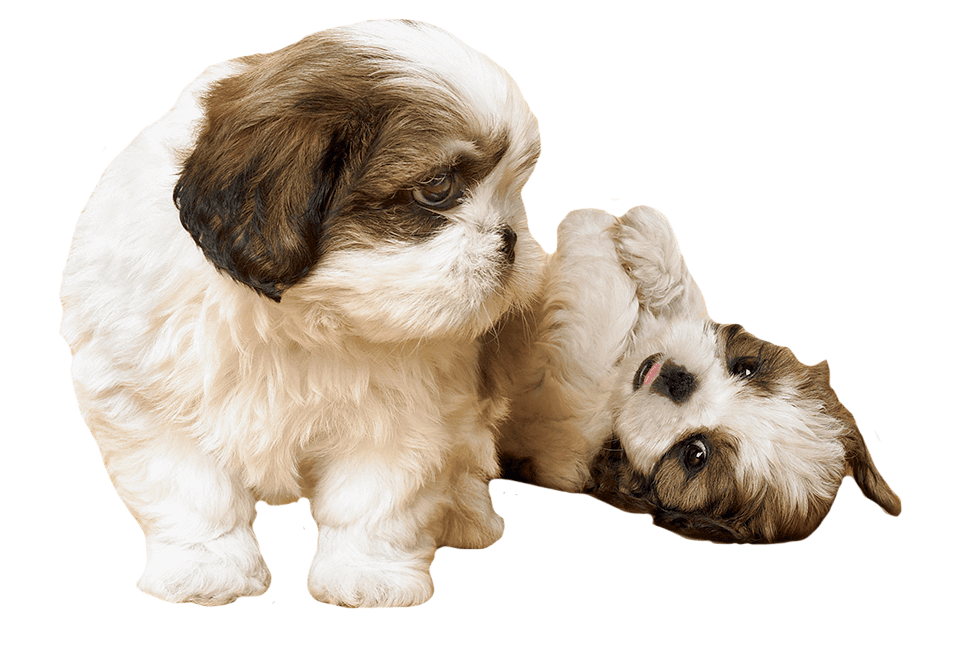
Puppy Development from birth to adolescence
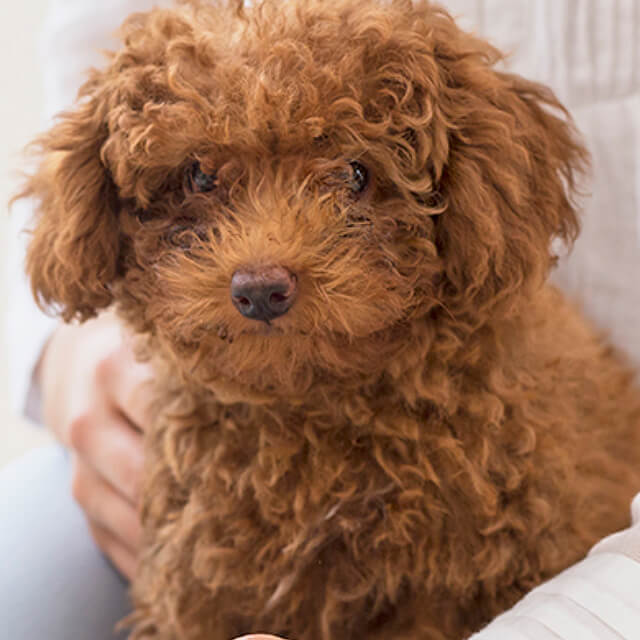
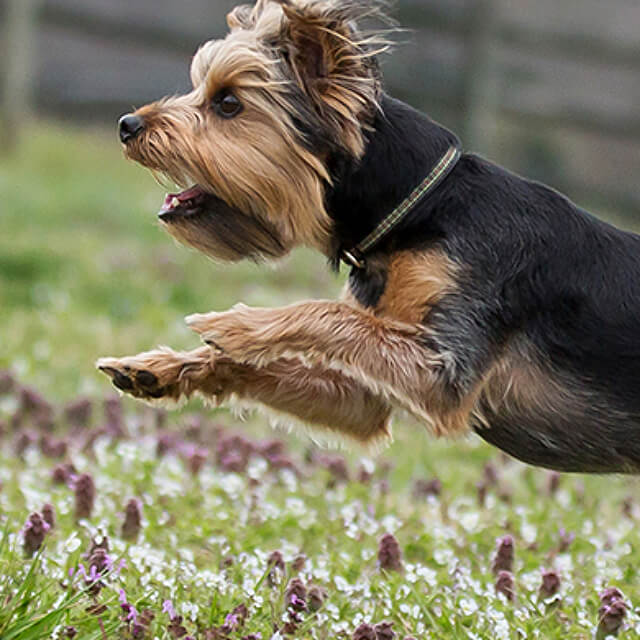
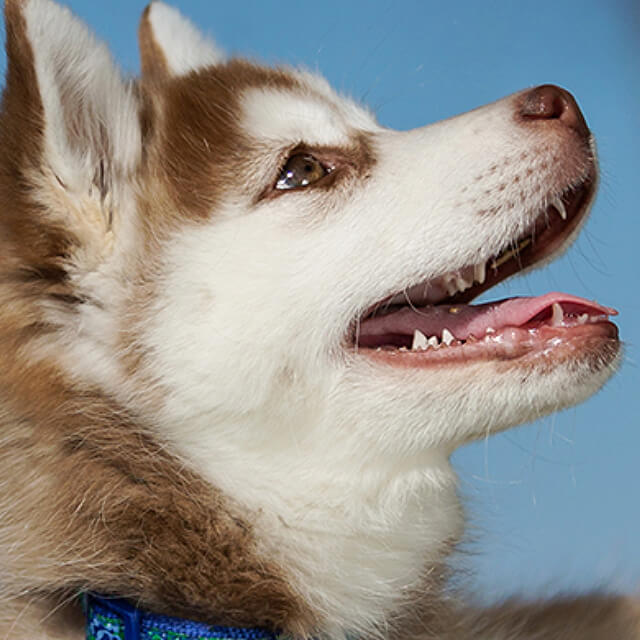
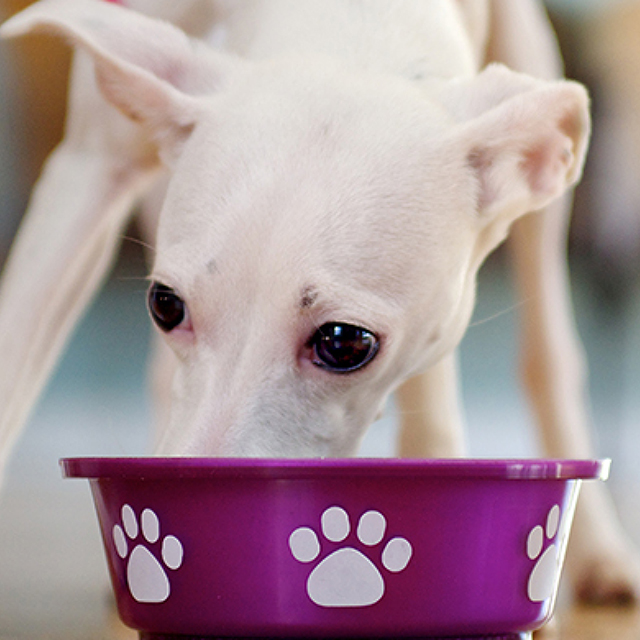
The Neonatal Period ( Birth 2 weeks)
At this stage, the puppy spends the majority of its time either sleeping or eating. Puppies’ eyes and ears are closed when they’re born but they are sensitive to touch and smell. Their eyes open at around 10-14 days old but puppies do not respond to light and moving stimuli until the transitional period (two to three weeks of age).
Neonatal puppies have limited movement and are only capable of a slow crawl. They’re not yet able to stand and support the weight of their body.
During this period a puppy will actively seek its mother. If separated from its mother, a puppy will start to vocalize and crawl, swinging its head from side to side in an attempt to find her. At this stage puppies have a reduced ability to regulate their body temperature and so rely on their mother and littermates for body heat.
In the neonatal period puppies are only able to feed by suckling from their mother. Urinating and defecating is stimulated by the mother licking the anogenital region, and she keeps the nest area clean by eating any waste products.
Handling puppies for short periods during the first two weeks of age has been shown to be beneficial to their behaviour later in life.
At birth
Up to 24 hours
It is essential that puppies consume colostrum in the mother’s milk within the first 24 hours after birth, as this provides contains antibodies and other immune substances that help protect newborn puppies from disease.
2 weeks
Your puppy is very prone to worms so they need to have their first worming treatment now.
The Transitional Period (2-3 weeks)
The puppy starts to show an interest in semi-solid food (but continues to nurse from their mother too). They can now lap water from a dish.
Anogenital licking of the puppy by the mother is conducted from birth as puppies need stimulating to pass urine and faeces regularly. This is no longer needed now as puppies at this age now begin to relieve themselves naturally, away from the nest.
The Socialisation Period (3-12 weeks)
At 3 weeks the puppy begins showing a startle response to loud noises, they will try standing and walking and may make their first attempt at barking!
Dogs have two sets of teeth, just as humans do, their first set are ‘deciduous teeth’ often referred to as ‘milk teeth’ and they start to erupt at this age.
6-9 weeks
At 6-8 weeks, your puppy will now be fully weaned and enjoying four or five small meals a day.
At 6-9 weeks, puppies usually leave their mother and littermates to go to their new homes. Speak to the breeder about what vaccinations and worming treatments they’ve had. It’s also a good idea to talk to a vet about vaccinations, puppy parties and neutering before you collect the puppy. This is a key time as your puppy is most responsive to socialisation so it’s a good idea to experience a wide variety of situations, people, noises and environments so that they develop all- important social skills for later life. You can take them out before their vaccinations are complete, as long as you carry them and don’t allow them onto the ground or in areas where other dogs may have been.
Dog Breeds

8-12 weeks
The Juvenile Period (12 weeks through to adolescence)
However, the juvenile period continues to adulthood and they will need to stay on puppy food until then. This can be any time from one year (for smaller breeds) up to 18-24 months for large and giant breeds. During this time your puppy will still be growing and physiological changes will be happening that you might not be aware of.
Puppies have similar motor skills to adults by the age of six months, although this can vary according to the individual dog and their environment. And, by about seven months, adult teeth will replace the milk teeth.
You’ll need to carry on socializing your puppy and introduce a training programme. Puppies have a short attention span and can be excitable so keep training short, consistent and fun.
Sexual maturity is marked by the first season in bitches and the ability to achieve a fertile mating in dogs. This usually occurs at around six to seven months, although males may show sexual interest in females before then.
However, even though they are sexually mature they’re still not considered adult dogs at this stage.
